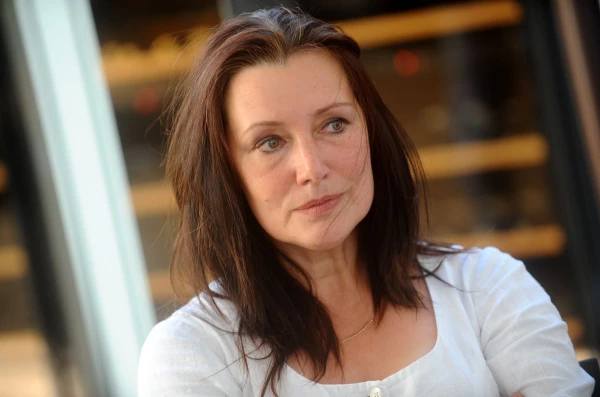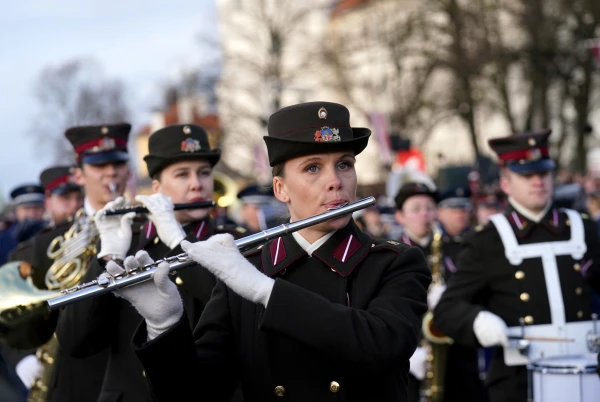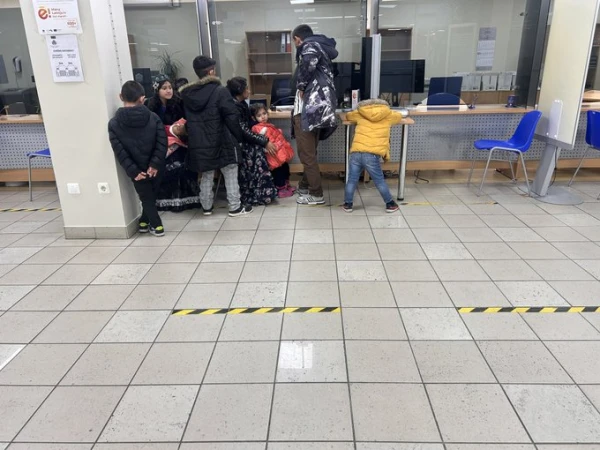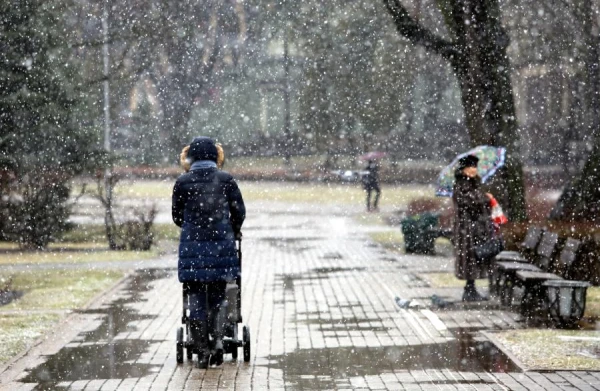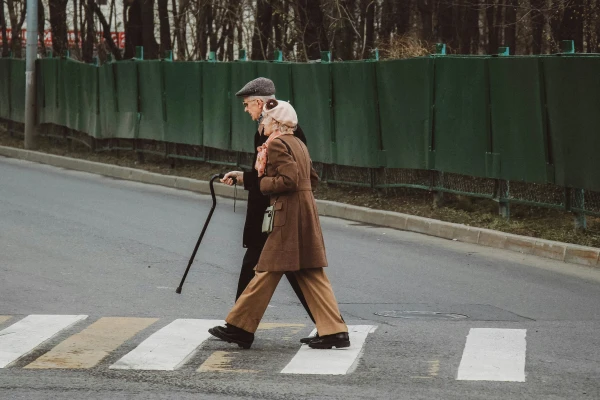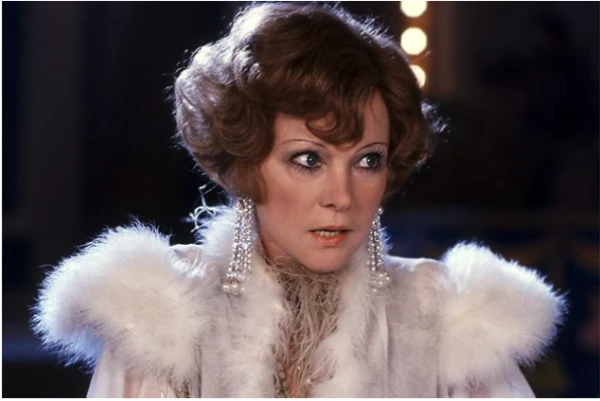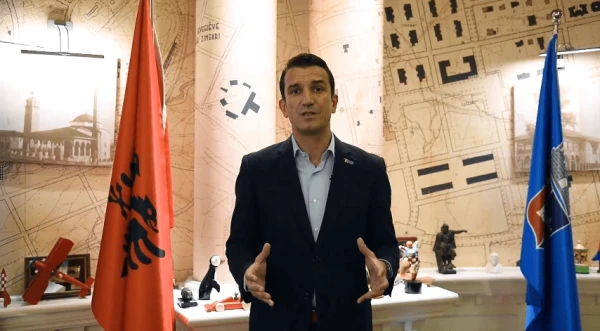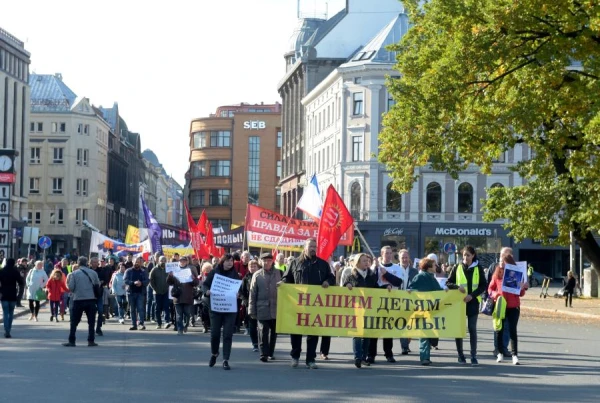
“When we start punishing those who speak Russian, will they begin to love our country?” asks Janis Zarjeckis, a plastic surgeon, on the air of TV24 in the program ‘Press Club’. He emphasizes that Russian speakers in Latvia need to be integrated through education and understanding, not punishment – only this way can we promote language learning and loyalty to the country.
“To a large extent, I can agree that education is important. We started doing this somewhat late. This is a missed opportunity, it has been significantly delayed. School is where the foundation is laid,” says the surgeon. He rhetorically asks if we start punishing those who speak Russian, will they begin to love the country. Zarjeckis himself answers that this will not happen.
“Rather, there will be a reverse effect, there will be some malice, there will be some hatred. I am convinced that language is not that important; what matters is that people are loyal to the country. Today is our country’s birthday – let them want to celebrate this birthday,” says the surgeon.
In his opinion, we need to approach with love, not with the message: ‘We will punish you.’
The program host, Aivis Cernis, notes that we have given Russian speakers 30 years of friendship for them to learn our language themselves, but they have not done so.
Zarjeckis points out that he sees this changing. “Those Russians for whom Russian is their native language come and try to speak to me in Latvian. This was not the case before. Now it is difficult for them, they are trying, and I appreciate that,” the surgeon shares.
Young people have no problems at all – many Russian speakers speak Latvian better. In his opinion, motivation needs to be sought and encouraged through education. Then Russian speakers will speak Latvian and be loyal to the state.

